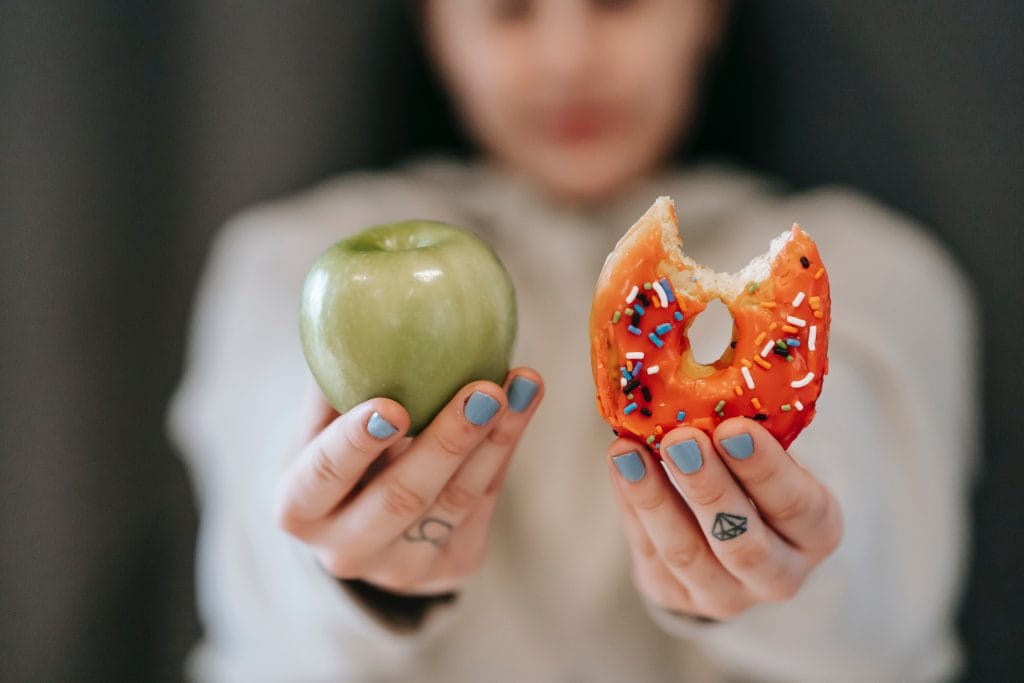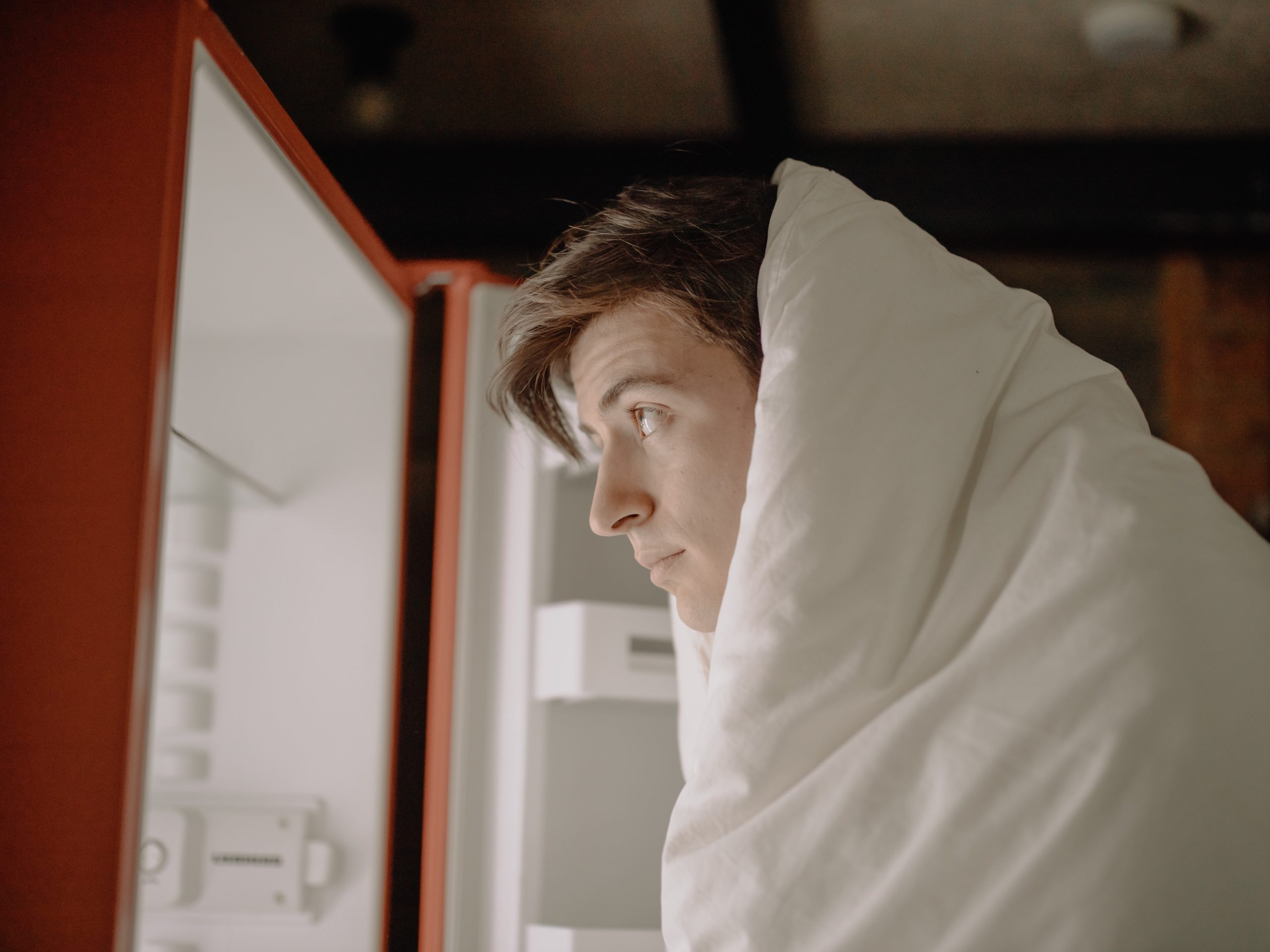One of the most common nutrition myths is that eating before bed is bad for you. Some people believe that eating after 6 pm contributes to weight gain. We decided to check whether this opinion has a scientific basis.
The idea that you shouldn’t eat in the evening is popular both in Russia and abroad. There are even several proverbs on this topic, for example: “Eat breakfast yourself, share lunch with a friend, and give dinner to your enemy.” (by the way, it is attributed to Suvorov) or "Breakfast like a king, lunch like a prince, and dinner like a pauper". The opinion that it is better to refuse to eat after 6 pm can be meet on medical portals, resources about diets, in blogs on "Zen". Users share personal experience of limiting food intake in the evening for portals reviews.
First of all, it is worth noting that processes in the body do not depend on the exact time of day, but on our internal circadian rhythms (or biological clock). They are associated with the change of day and night, but there will not be a big difference in the functioning of the body at 17:30 or 18:30. In addition, biorhythms are associated with daylight hours, and it changes depending on the time of year. No authoritative scientific studies could be found to substantiate the cutoff point at 18:00, after which one supposedly cannot eat. In some English speaking sources the same myth prohibits eating after 20:00. Therefore, this is more a common misconception than a scientific fact.
As for eating before bed, things are more complicated. It is believed that eating at night contributes to weight gain, since metabolism slows down during sleep, and accordingly, the calories received are processed more slowly. However, scientific research does not confirm this: the metabolic rate during sleep is almost no different from the waking state, and our body also requires a lot of energy to maintain vital functions.

Some experiments In mice, they actually showed that animals that ate food before bed gained weight. However, similar studies in humans yielded different results. British nutritionists and nutritionists studied the influence of eating after 20:00 on the weight of adolescents and did not find any significant relationship. In adults also not observed direct relationship between late meals and weight. However, scientists note that people who eat after 8 pm tend to consume more calories, which in turn can lead to weight gain. Besides, think scientists, often eating late in the evening is not a belated dinner, but an additional snack, often not the healthiest food, and this is what can cause obesity.
However, sometimes such a snack even helps you lose weight. American scientists for four weeks observed following two groups of people whose diets differed only in that one of the groups ate a bowl of cereal with milk an hour and a half after dinner. It turned out that participants in this group reduced their daily intake by almost 400 kcal, as they woke up fuller the next day and did not overeat during the day.
There is a certain justification for the 18:00 (or 20:00) milestone in one of the most popular weight loss methods - intermittent fasting. According to this diet, you can only eat for eight hours a day, and you must abstain from food for the remaining 16 hours. However, even in this case, these figures are very average: it all depends on the daily routine of a particular person. That is, if you have breakfast at 6 am, you should finish after 14:00, and if your first meal is at 14:00 (for example, you refuse breakfast), then you can safely eat until 22:00.
Nutritionists claimIt's better to focus on eating well during the day - this will help you avoid unhealthy snacks at night. If you really want to eat, you shouldn’t overcome hunger, it won’t lead to anything good. It's best to have a healthy snack on hand, such as carrot sticks. They will not harm your figure, unlike chips.

However, eating before bed really can be harmful for certain gastrointestinal diseases, such as acid reflux. In this case, you should not eat less than three hours before bedtime (however, it is better to consult a doctor about this). There are also some research, confirming that late-night snacking is bad for sleep quality in healthy people.
Thus, there are no reliable scientific studies that would indicate that eating after 18:00 (or any other time) leads to weight gain. What is much more important is your total calorie intake for the day. Late night snacking can contribute to obesity if it is an additional meal of high-calorie food, such as sweets or chips. Some diets do require you to stop eating after a certain time, but this time is individual and depends on the daily routine of each person. For some gastrointestinal diseases, eating before bed is indeed harmful, but this point should be clarified with your doctor.
Mostly not true
Read on the topic:
- Is it true that low-fat foods are effective for weight loss?
- Is it true that a low-fat diet is most effective for weight loss?
- Is it true that drinking during meals is bad for digestion?
- Is it true that separate meals are an effective way to lose weight?
If you find a spelling or grammatical error, please let us know by highlighting the error text and clicking Ctrl+Enter.






